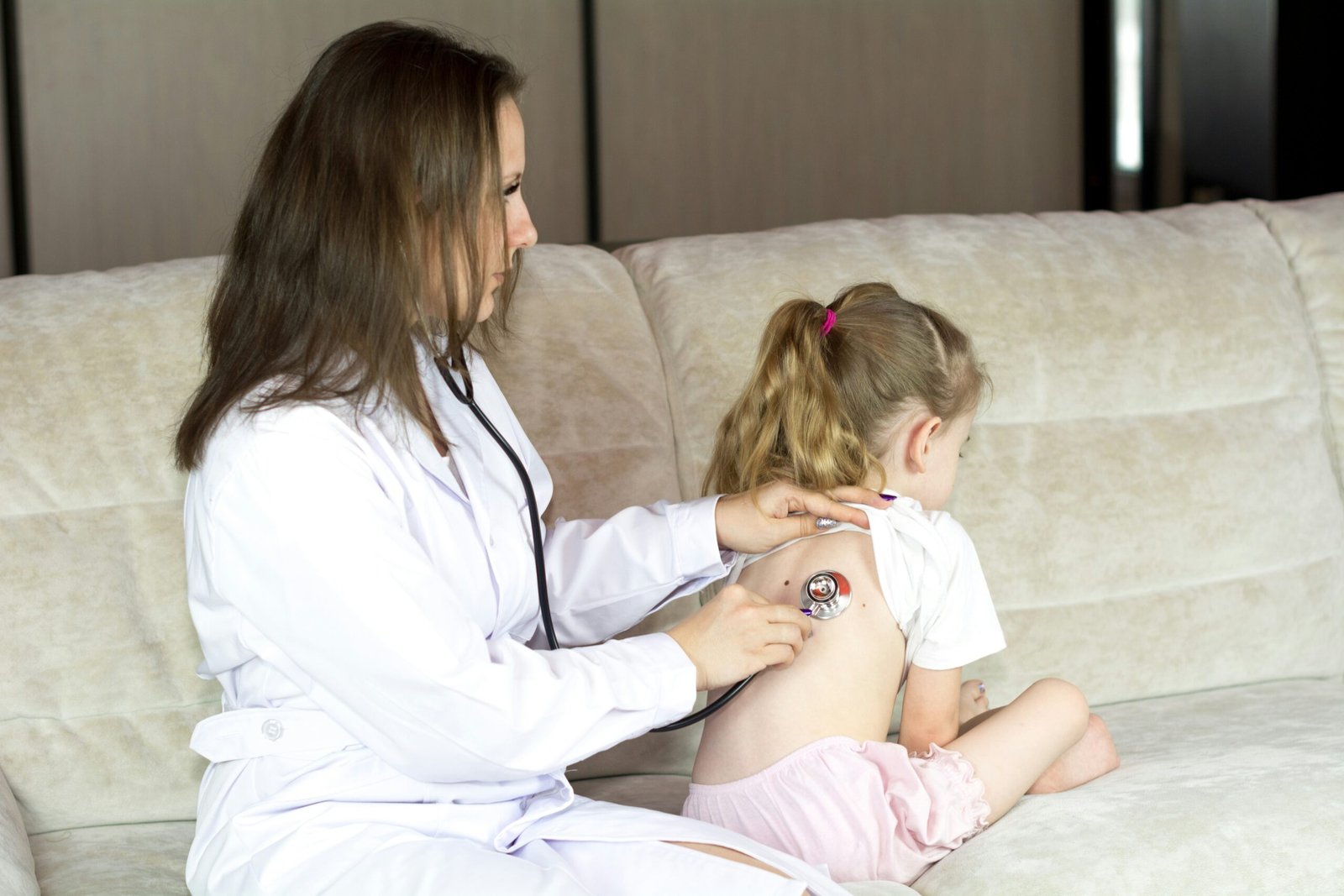The Importance of Preventive Healthcare
Preventive healthcare plays a crucial role in maintaining overall well-being and preventing the onset of serious health conditions. By adopting a preventive healthcare lifestyle, individuals can take proactive steps to detect and address potential health issues before they escalate. Regular check-ups and screenings, vaccinations, and being proactive about health issues are key components of preventive healthcare.
Regular Check-ups and Screenings
Regular check-ups and screenings are essential for early detection of potential health problems. Through routine visits to healthcare professionals, individuals can monitor their health and identify any underlying issues that may require further investigation or treatment. These check-ups often involve a comprehensive evaluation of various aspects of one’s health, including blood pressure, cholesterol levels, and body mass index (BMI).
Screenings, such as mammograms, Pap smears, and colonoscopies, are also important in detecting early signs of diseases like breast cancer, cervical cancer, and colon cancer. By identifying these conditions in their early stages, medical interventions can be initiated promptly, increasing the chances of successful treatment and recovery.
Vaccinations
Vaccinations are a vital aspect of preventive healthcare. They help protect individuals from various infectious diseases, some of which can be life-threatening. Vaccines stimulate the immune system to produce an immune response, preparing the body to fight off specific diseases.
Common vaccinations include those for measles, influenza, hepatitis, and human papillomavirus (HPV). By staying up-to-date with recommended vaccinations, individuals can significantly reduce their risk of contracting these diseases and spreading them to others. Vaccinations not only protect the individual receiving the vaccine but also contribute to the overall community’s health by preventing the spread of contagious diseases.
Being Proactive About Health Issues
Being proactive about health issues involves taking responsibility for one’s own well-being and actively seeking information and resources to maintain good health. This includes adopting a healthy lifestyle, practicing good hygiene, and seeking prompt medical attention when necessary.
Adopting a healthy lifestyle encompasses various aspects, such as maintaining a balanced diet, engaging in regular physical activity, managing stress levels, and getting enough sleep. These lifestyle choices can have a significant impact on overall health and well-being, reducing the risk of chronic diseases like heart disease, diabetes, and obesity.
Practicing good hygiene, such as washing hands regularly, covering the mouth and nose when coughing or sneezing, and avoiding close contact with sick individuals, can help prevent the spread of infectious diseases.
Seeking prompt medical attention for any concerning symptoms or health issues is crucial. Ignoring or delaying medical care can lead to the progression of conditions that could have been easily treated if detected early. It is important to listen to your body and consult a healthcare professional if you experience persistent symptoms or notice any changes in your health.
Conclusion
Embracing a preventive healthcare lifestyle is essential for maintaining optimal health and well-being. Regular check-ups and screenings, vaccinations, and being proactive about health issues can detect problems early when they’re easier to treat and can prevent more serious conditions. By prioritizing preventive healthcare, individuals can take control of their health and reduce the risk of developing preventable diseases.

